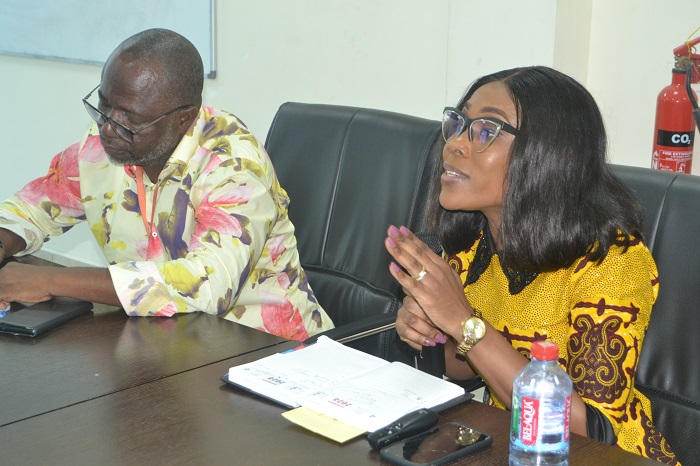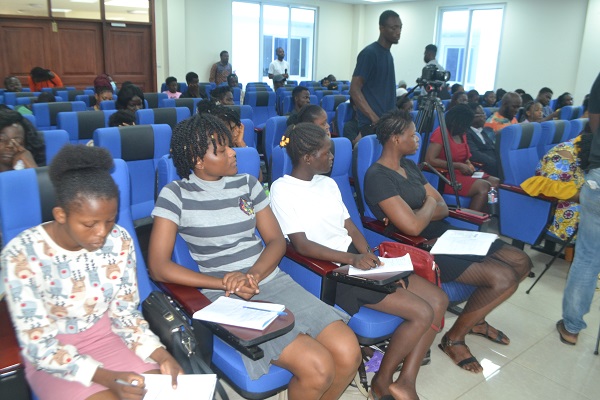
Road safety stakeholders in the country have been urged to emphasise the benefits of safety practices in their interventions and campaigns instead of dwelling on the negative consequences of unsafe practices.
According to the Acting Head of the Advertising Department of the University of Media Arts and Communication-Ghana Institute of Journalism (UNIMAC-GIJ), Dr Priscilla Odoom, this would influence safety behaviour amongst drivers.

Delivering a lecture on her study into road safety and driver behaviour in Accra yesterday, she said “the study found out that the perception of risk were not significant influencers of safety behaviour but the benefits were.”
The research which is still ongoing, is titled “Perceptions underlying road safety behaviour of drivers in urban Ghana; a health- belief and planned behavior perspective.”
It examined the socio-psychological beliefs and personal characteristics and their linkage with driver tendencies and road safety behaviours with respondents engaged so far comprising 387 licensed drivers.
Dr Odoom said per the preliminary findings of the study, road safety behaviour was not driven by perceptions of crash risk, but by the gains of road safety practices and social approval to engage in safe driving.
She said reminders that signal the importance of safety behaviour, like “drive safe” parting greetings from family and love ones would help drivers to be cautious.
In an interview with the Ghanaian Times, she explained that the research was based on safety driving behaviour in the country and not on risky driving behaviours.
“So if people perceived some risks, what does it cost for me not to tailgate a car, what does it cost for me not to run a red light, what does it cost not to do this and that, and what benefit will accrue to me.
“Those are the things they are looking at if they decide to drive safely on the road. If the interventions focus on these things and maximise these benefits in the advertisements that they run, then the safety measures can be adopted,” she said.
According Dr Odoom, there were numerous benefits to being safe on the road therefore, the National Road Safety Authority and other stakeholders in the road safety should maximise the benefits.
“The literature is all about the negative aspect, so now if you focus on the positive aspect, the outcome will be a bit more effective. That is what the data is saying,” she said.
The Dean of the Faculty of Journalism and Media Studies, Dr James Asante, expressed worry about the increasing indiscipline on roads and called for review of road safety laws to include stiffer punishment for offenders.
Dr Asante called on the government to increase investment into research to enable the academic produce empirical evidence on road safety and other crucial matters to drive policy making.
He also advocated the inclusion of road safety into the curricular of schools from basic to the tertiary levels to imbibe in students the right attitude to road safety.
BY JONATHAN DONKOR







